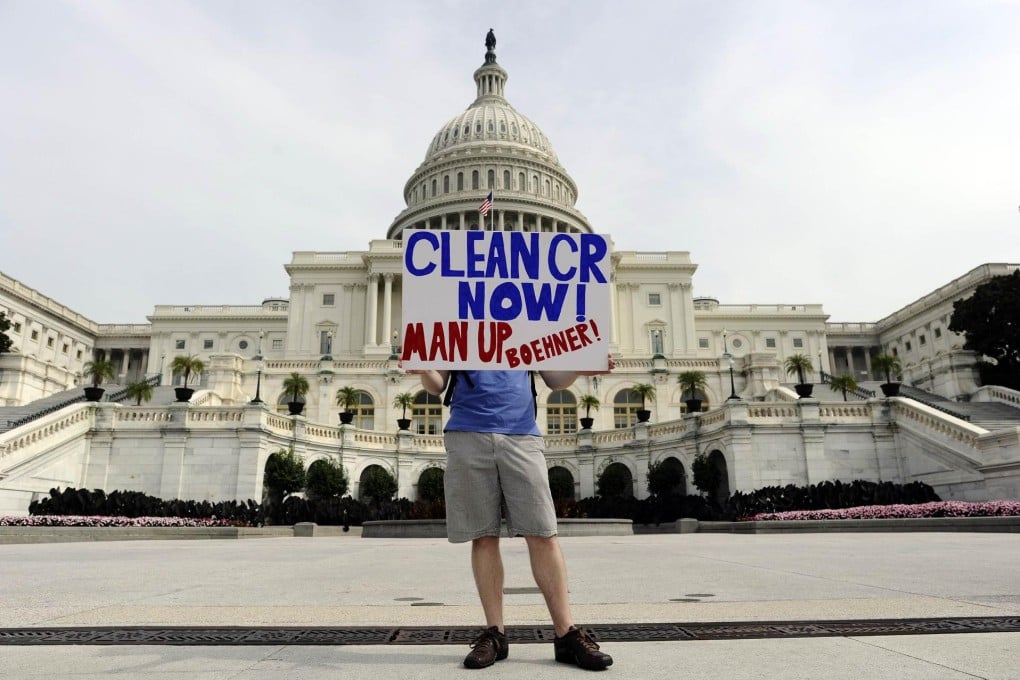Focus in US shifts from government shutdown to fiscal deadline
Government shutdown moved to back burner as Treasury warns of crisis worse than 2008 recession if country doesn't pay its bills by October 17

With the US federal government shutdown dragging on, both sides of the dispute that started with a Republican drive to end Obamacare shifted their focus to the next fiscal deadline: the need to raise the debt limit by mid-October to avoid a default.
House Speaker John Boehner has made it clear he cannot muster enough votes from his Republican majority to reopen government with a no-strings-attached funding bill, as US President Barack Obama wants, or to raise the nation's debt ceiling to continue paying the nation's bills beyond October 17.
Rather than buck the "tea party" flank and reach across the aisle for Democratic votes to pass both measures, House Republicans have changed their focus to the debt limit deadline in a bid to reach a compromise with Democrats to roll back the size and scope of the federal government.
One point was clear on Thursday, the third day of the shutdown, after Boehner gathered a lunchtime meeting of his kitchen cabinet: the Republicans have sidelined their demand to end the health insurance scheme known as Obamacare in favour of other long-standing party priorities, including cuts to medicare and social security.
"The speaker's trying to get to a broad budget deal," said Republican Charles Boustany. "Obamacare's just part of it. We're going to try to get what we can, but we understand that's the president's legacy. The bigger problem facing the country … is the debt, and the fact that we have entitlement programmes that are still growing without end in sight. And we need tax reform."
The shift in Republican focus came as the Treasury Department warned that a default could trigger a worse financial crisis than in 2008.
"A default would be unprecedented and has the potential to be catastrophic: credit markets could freeze, the value of the dollar could plummet, US interest rates could skyrocket, the negative spillovers could reverberate around the world, and there might be a financial crisis and recession that could echo the events of 2008 or worse," it said in the six-page report on the potential effects on the economy of a debt ceiling impasse.
